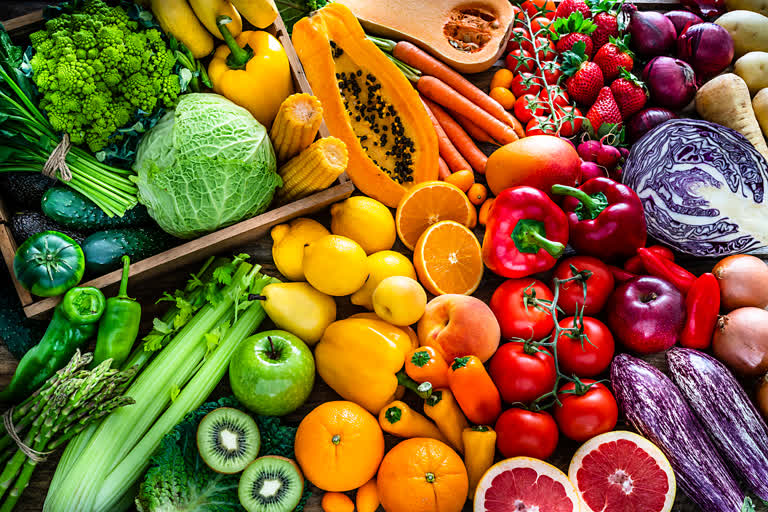Polycystic ovarian syndrome (PCOS) is the most common hormonal disorder in women of childbearing age. Why does PCOS cause weight gain? PCOS makes it more difficult for the body to use the hormone insulin which normally helps convert sugars and starches from food into energy. This condition called insulin resistance can cause insulin & sugar – glucose-to build up in the bloodstream. High insulin levels increase the production of male hormones called androgens. These lead to symptoms such as body hair growth, acne, irregular periods, and weight gain. Because weight gain is triggered by male hormones, it is typically in the abdomen. Abdominal fat is the most dangerous kind of fat and is associated with an increased risk of heart disease and other health conditions.
A diet high in refined carbohydrates such as starchy and sugary foods can cause insulin resistance, and therefore weight loss becomes more difficult.
Foods to avoid are:
*Foods high in refined carbohydrates such as white bread, muffins, pasta, noodles, semolina(suji), pizza, white rice, anything made up with white flour are high in carbs & low in fiber. (Pasta made from bean or lentil flour instead of wheat flour are an excellent alternative)
*Sugary snacks & drinks- pastries, desserts, soda& juice, bottled smoothies, and energy drinks. Cakes, candies, cookies, sweetened cereals, yogurt with added sugar. While reading food labels, be sure to look for sugar’s various names like sucrose, high fructose corn syrup, dextrose.
* Inflammatory foods such as processed food & red meats like hot dogs & sausages. Refined carbohydrates cause inflammation, exacerbate insulin resistance, and should be avoided or limited significantly.
- Avoid taking genetically modified foods in PCOS. When you eat this type of food, you ingest a small dose of chemicals (herbicide/pesticide). These chemicals interfere with hormone function and are toxic.
- Fried foods like fritters, puris should be avoided which are rich in unhealthy fats which can increase estrogen production which can worsen your PCOS symptoms.
- Limit dairy products like artificial or heavily processed cheeses, yogurts with added sugar, ice cream with sugar alcohols, or tons of added sugar.
- Limit alcohol as alcohol is a direct toxin to the liver & gut so limit it to manage fatty liver.
Eat Healthily:
- Eat a high-fiber diet. Load up on fruits, vegetables, and whole grains. High fiber foods such as broccoli, cauliflower & brussels sprouts, green & red peppers, beans & lentils, almonds, berries, sweet potato, pumpkin, etc can be liberally taken.
- Eat 4-6 small meals throughout the day, this will help your blood sugar levels.
- Include lean protein such as fish (salmon & sardines), chicken, and tofu.
- Include anti-inflammatory foods & spices such as turmeric & tomatoes, kale, spinach, almonds& walnuts. Fruits such as blueberries & strawberries.
- Include healthy fats in your diet. Healthy fats include fish, avocado, and olive oil. Unsaturated fats are essential in managing the symptoms of PCOS. Essential fatty acids help to rebalance hormones & manage weight.
- Include magnesium-rich foods as Magnesium deficiency is linked with increased risk of insulin resistance Like dark leafy greens, nuts & seeds.
- Fresh fruits are rich in fiber and essential for vitamins & minerals. Fruits with low GI (glycaemic index) include cherries, plums, apricots, prunes, and apples
- Choose unprocessed and non-genetically modified soy foods.
There is no specific diet that can prevent or treat PCOS. However, eating well and being active can help manage some of the long-term complications of PCOS
The best eating plan for PCOS, if you can get it from a qualified nutritionist, can help you manage your weight and also lower the long-term risks of diabetes and heart disease. So, approach a good dietitian whenever you are diagnosed with the polycystic ovarian disease.
For more queries, contact rghomoeo@yahoo.co.in




